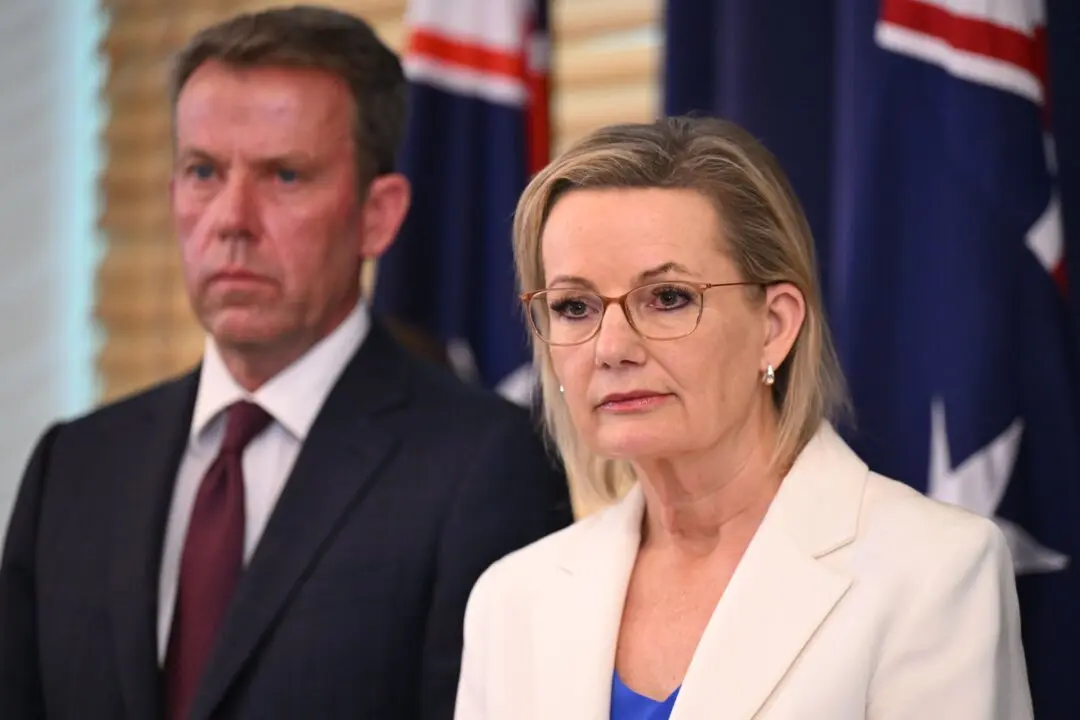Lion Dairy and Drinks will now come under Australian ownership after the federal treasurer blocked attempts to sell the firm to Chinese dairy giant Mengniu in August.
Following months of speculation, Bega Cheese confirmed it would acquire the entirety of Lion Dairy from Japanese company Kirin Holdings after agreeing to pay $534 million.





